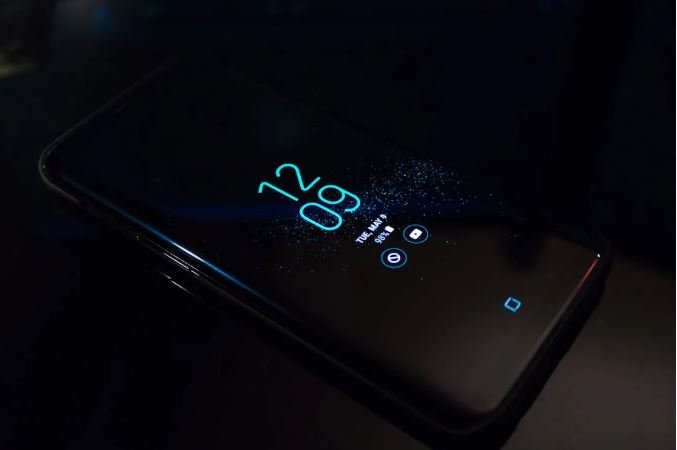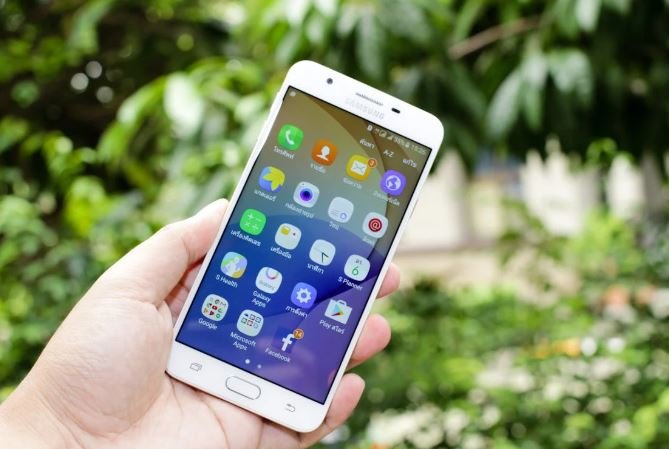Mobile phones are an integral part of daily life in today’s digital world. As smartphones are not only a tool for educational resources and communication but also for leisure and entertainment, their use in schools has been a topic ever since.
Some participants argue that permitting cell phones improves learning and keeps students safe, while others believe phones serve as a big distraction and ruin student performance.
While some educators and parents claim that allowing mobile phones at school offers students educational advantages, assists them in remaining connected during emergencies, and promotes the responsible use of technology.
The Growing Debate on Cell Phones in Schools
As technology has become more affordable, the debate regarding cell phone use in schools has grown over the years. Schools have moved away from outright bans on phones to regulated use, or still impose a strict no-phone policy.
Global Perspectives on Cell Phone Policies in Schools
Different countries and education bodies have a range of approaches to cell phone policies in schools:
- United States: A handful of U.S. schools permit limited cell phone use, while others take a hard line against cell phones altogether. Policies vary by district, with some requiring that students’ phones remain silent during class time.
- United Kingdom: The UK government in 2018 urged schools to restrict phone use during instructional minutes, citing academic performance and classroom disruptions as some of the applicable rationales.
- France: The French government implemented a nationwide ban on cell phones in primary and middle schools in 2018, in a bid to combat technology addiction among students.
- China, all schools in the Western Land of China, students are prohibited from bringing smartphones to school to improve students’ concentration, while also protecting the mental health of students.
Others argue that cellphones can be useful educational devices if used properly, while some believe that a ban is crucial for a school’s ability to maintain discipline.

Advantages of Allowing Cell Phones in Schools
Even though some people fear this is a trend we are heading into, having cell phones in school has many advantages that can generally help improve learning, safety, and responsibility.
Educational Benefits of Cell Phones
The use of technology in the classroom has changed the way students learn. There are so many advantages of mobile phones in education:
- Search Your Content: Students can search for information quickly, helping them to learn more than just what a textbook could teach them.
- Sample Apps for Education: Google Classroom, Kahoot, Duolingo, etc.
- Online Collaboration: Students can work together on assignments, share notes , and discuss topics using their smartphones.
Looking to the future of education, mobile devices have now become integral tools in the new wave of digital learning.
Access to Information and Digital Learning
With online courses, e-books, and academic journals, students now find the internet as a strong educational resource. Schools that permit cell phones for academic reasons allow their students to:
- Try language-learning apps, like Rosetta Stone.
- Use sites like YouTube to watch instructional videos.
- Conduct online assessments and virtual classrooms.
Emergency Communication with Parents
One of the best Justifications for allowing cell phones in schools is student safety. For Students who are in an emergency, mobile phones serve as a direct route of communication between students and parents. For instance:
- During a school lockdown or natural disaster, they can contact their family.
- Parents can schedule pick-up and after-school activities.
- Messaging apps give schools a way to send emergency alerts and updates.
Many parents’ concerns regarding phone use have to do with ensuring, first and foremost, the safety and accessibility of their children.
Encouraging Responsibility and Discipline
Teaching students how to use smartphones responsibly is an important life skill. Instead of banning devices outright, schools can implement structured rules for cell phone use in schools, such as:
- Making guidelines for phone use during breaks or certain learning activities.
- Providing opportunities for students to practice their digital etiquette.
- Turn on phone lockers or “silent mode” policies.
These methods allow students to learn self-regulation and help prevent students from abusing the technology.

Disadvantages of Cell Phones in Schools
While there are some advantages to allowing mobile phones in these environments, there are also some disadvantages. Whether it is that they don’t want to learn new things, or it is just too much to learn, there’s always a way to reduce college planning stress.
Distraction in Classrooms
Perhaps the greatest concern about cell phone use in schools is how it influences student focus. Studies indicate that excessive phone use causes less concentration and a decrease in academic performance. Common distractions include:
- Texting and Social Media: Students frequently view notifications, browse social media, or participate in conversations unrelated to the course material.
- Gaming: Many learners use phones to play games during lessons, which can lead them to lose focus in class.
- Multitasking: Listening to a lecture and playing on a phone results in less information retained.
With students utilizing their devices regularly, teachers find it challenging to maintain school discipline.
School Discipline and Cell Phones
However, smartphones can disrupt with classroom and result in punishment. Schools with strict cell phone policies argue that they:
- Eliminate cheating on tests and exams.
- Minimize battles over inappropriate phone usage.
- Keep the order and respect for the teachers.
Unregulated mobile use in schools could lead to more classroom disruptions and less engaged students.
Smartphone Addiction Among Students
Such excessive usage is leading to smartphone addiction in students, which will harm their mental health and productivity. Symptoms of smartphone addiction include:
- They feel anxious without their phone.
- You waste several hours scrolling social media rather than studying.
- When everything you do during your day is behind the phone screen instead of the person standing in front of you.
- Experts suggest ways to limit screen time and help students develop better phone habits.
Cyberbullying and Social Media Concerns
With the proliferation of social media, cases of cyberbullying have also risen sharply. Some key concerns include:
- Parental Revenge: Students can send hurtful messages about their parents to other kids.
- Peer Pressure Online: The urge to post and be a part of online trends causes students to feel pressure, and thus have their self-esteem affected.
- Harmful Content: Without monitoring, violators can access harmful materials
Many of the parental worries about phone use in school focus on keeping children safe from online threats.
School Policies on Cell Phone Use
To combat these concerns, most schools have created strict, structured phone policies. Common approaches include:
- Total Prohibition: Certain schools do not allow phones at all and ask students to make sure to leave them at home or in lockers.
- Restricted Use: Phones can be used during breaks but not in classrooms.
- Learning Utility: Phones may only be used for educational activities.
Proper Strategies for Cell Phone Policies in Schools. A proper strategy for cell phone policies in schools should ensure that students get all the benefits of these devices without having to face negative sides.

The Role of Technology in Modern Education
Responsible use of technology is the key to perfect integration in the classroom. Schools need to come up with plans to:
- Educate students about digital literacy.
- Explanation: Set up rules for cell phone usage.
- Provide a distraction-free environment with limited phone access.
Educators can take advantage of the educational benefits of cell phones while reducing their harms by promoting mindfulness in technology use.
Conclusion
The issue about cell phone use in school is a multifaceted one. Although mobile phones offer educational benefits, emergency sending communications in an economic missive assisting, and even digital learning opportunities, risks do exist, including distractions like cyberbullying and smartphone addiction.
The only way to a successful policy is balance. To promote learning while discipline is maintained, schools should establish rigid cell phone policies. When you promote responsible technology usage among students, they develop exposure to positive technology habits that are important for the future.
In the end, the decision must reflect the needs of the students, teachers, and parents, allowing smartphones to be instruments of development, rather than hindrances to learning.


